Seeing Diversity & Inclusion In New Light
The journey to create an equitable workplace through Diversity & Inclusion initiatives is not without pitfalls. We tend to see diversity & inclusion work through rose colored corporate lenses. But looking closer, and in the light of historical context, it’s better understood through a social lens. We forget that bias and unconscious bias, which Diversity & Inclusion seeks to remediate, are symptoms of systemic racism - a social issue. Racism is an unresolved moral conflict and the water we all swim in. Even our institutions are not immune - corporate walls are porous soaking up our beliefs, our attitudes, and our biases.
“Racism is an unresolved moral conflict and the water we all swim in.”
Language is the tip of the Diversity & Inclusion spear and should carry with it a deep sense of urgency. But the language used today is often modest and placating, suggesting the problem isn’t as bad as it really is. This undermines the work. Racist comments are now culturally insensitive comments. Bias replaced prejudice. Black people became African Americans. And privilege is beginning to obscure racism. Then there are words at the edges that need to be brought closer to center: slavery, shame, feminist, whiteness, blackness, disenfranchise, oppression, patriarchy, social justice, trauma, segregation, stigma, and wellness.
“Corporate walls are porous soaking up our beliefs, our attitudes, and our biases.”
The social justice movement of 2020 has amplified the call for a new version of allyship. Allyship that is not about physically showing up, but one based on empathy, showing up emotionally. Allyship without emotional investment is simple decency, and not allyship at all. Companies can play a role in this by (1) providing opportunities for employees to get closer to social justice work through volunteering (2) requiring leaders to be active members of their organizations’ Employee Resource Groups and (3) creating space for safe conversations about race and identity.
“Allyship without emotional investment is simple decency, and not allyship at all.”
The CLU Studio is producing a deck of playing cards to help individuals better understand identity and its implications in society. Sign up and be the first to know when CLU Identity cards become available.
CONTRIBUTOR
Steffon Isaac
Founder, The CLU Studio

